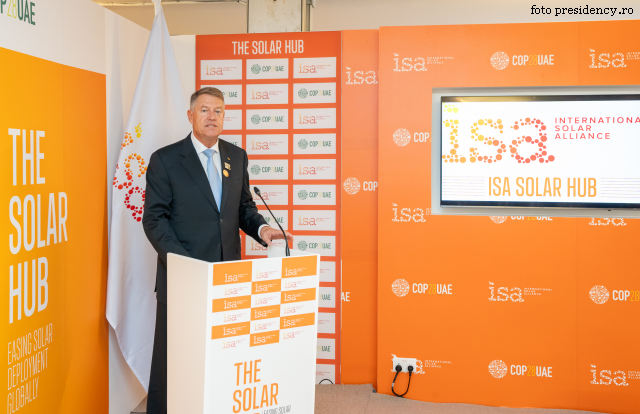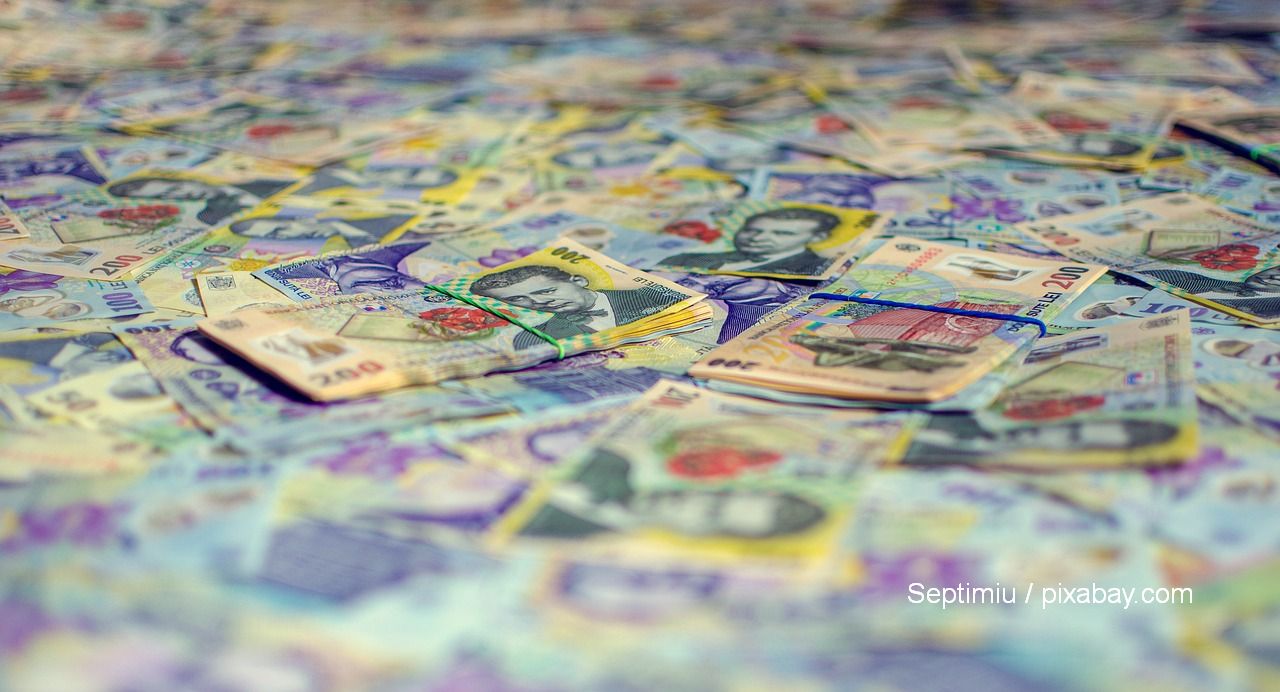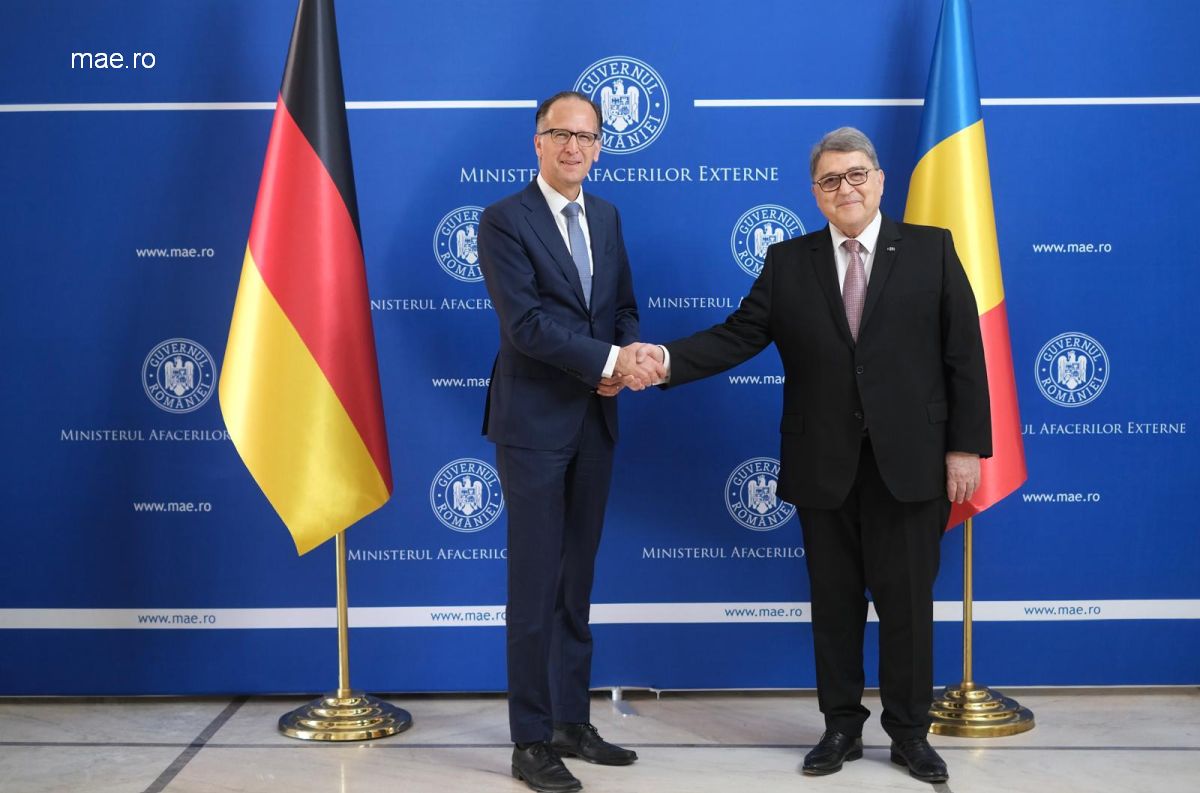Romania and renewable and nuclear energy
In 30 years at the most, Romania wants its national energy mix to include 86% renewable energy.

Ştefan Stoica, 04.12.2023, 14:00
The presence of numerous government leaders and specialized energy companies confirmed the importance of the United Nations Framework Convention on Climate Change, which was hosted for three days by Dubai, the United Arab Emirates. Romania was represented there by the head of state, Klaus Iohannis, who, in its first speech said that Romania has some of the lowest greenhouse gas emissions per capita in the European Union and is firmly committed to accelerating climate change mitigation measures. We aim, Iohannis said, to reduce our emissions by approximately 80% by 2030 compared to the level of 1990 and then move rapidly towards climate neutrality. By 2050 at the latest, Romania’s national energy mix will consist of 86% renewable energy, complemented by energy with low carbon emissions, such as nuclear energy, the Romanian President said at the Global Summit on Climate Action.
On Sunday, Romania joined the International Solar Alliance, a move that, according to Iohannis, will contribute to increasing national energy security and which confirms the country’s firm commitment to become neutral in terms of carbon emissions, including through the use of renewable energy sources.
By 2030, Romania aims to install a solar energy capacity of over 8 gigawatts, accounting for 24% of the gross final consumption of electricity from renewable sources. The fact that Romanians are open to and support new electricity generation technologies has been proven by the approximately 100,000 local prosumers, who have installed over 1.2 gigawatts of distributed energy sources connected to the grid, the overwhelming majority based on solar photovoltaic technology. Romania has the largest solar potential in south-eastern Europe and studies show that it could exploit up to 18-20 gigawatts of solar power, Romanian energy minister Sebastian Burduja said.
On the other hand, the Declaration on the tripling of nuclear energy capacity worldwide was launched in Dubai. Nuclear energy facilities have been operational in Romania for almost three decades, at high productivity and safety standards, so I can say we have solid national experience in this field, President Iohannis said on that occasion. Bucharest, he went on to say, sees nuclear energy as a stable source of energy, which contributes to energy security and decarbonization. Romania undertakes to complete two new CANDU units at the Cernavodă Power Plant (south-east) and to build and implement small modular reactors. The topic was resumed at the meeting that Klaus Iohannis had, on the sidelines of the climate conference, with the US Special Presidential Envoy for Climate, John Kerry. (EE)






























